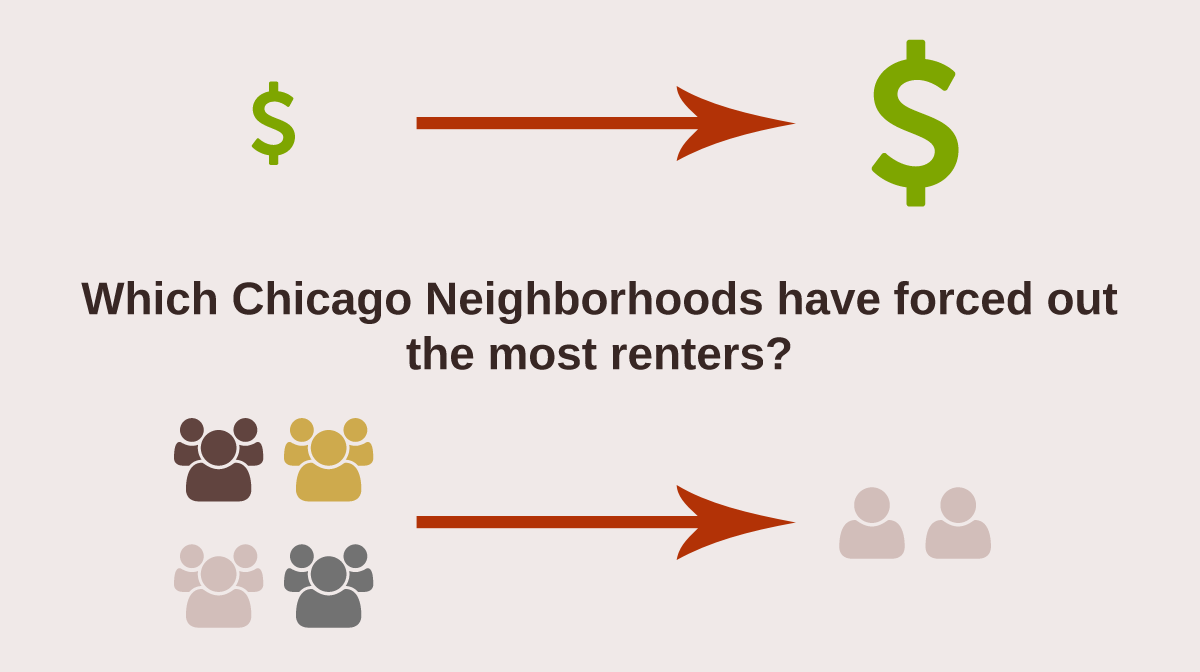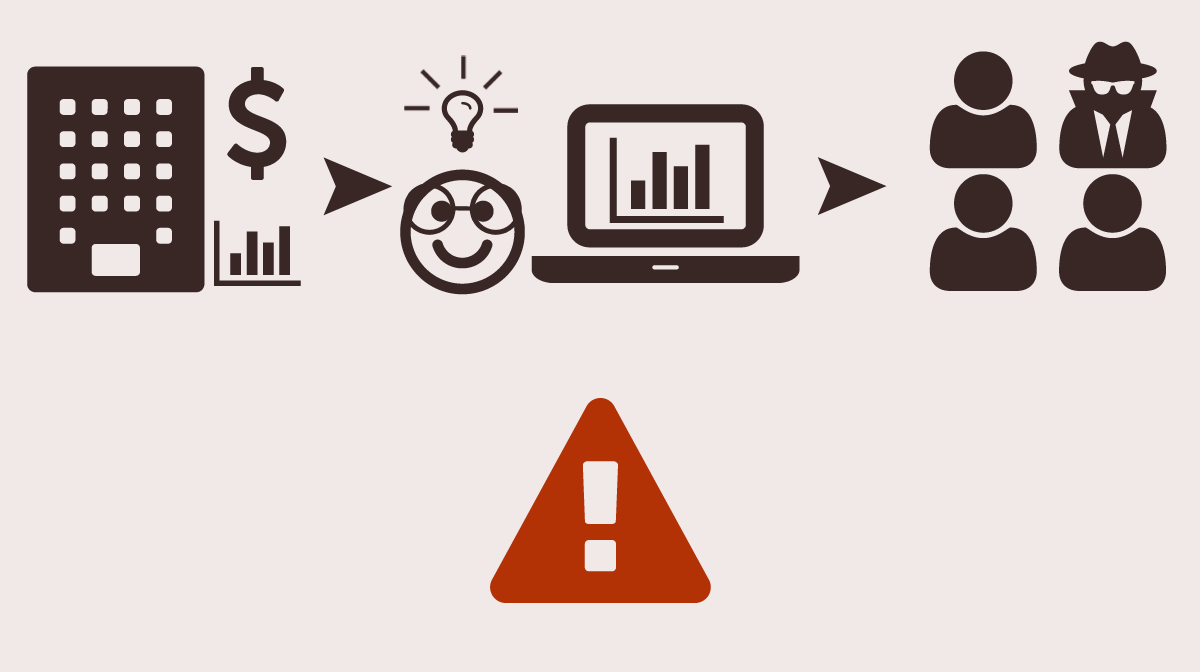A company always needs someone to write content – for the website, newsletters, emails, advertising. When we decided that writing for RentConfident would be part of my job, my brain began to buzz. Before, I had only written for my own personal pleasure. Now I would be writing for an audience. I had so many ideas. I had visions of broadcasting my mind to the world.
Coming from a creative writing background, I wrote stories to entertain. I was used to opening the hinge on the top of my head and allowing my imagination to spill out in all of its sensory glory. Then all I did was describe:
- the rainbow halo of dew on the grass
- the wind's sigh as it rushes through the meadow
- the smell of the unicorn's mane (like horse and cotton candy)
I soon found out that unicorns are of very little use to a business writer. Writing for business uses a different muscle. For me, good creative writing is plunging into the world within my own mind and describing that world as if it were reality. However, good business writing is taking an idea, a concept, or a message and fitting it into the world within the customer's mind.
I'm working on it. I'm getting better. Still, sometimes I find myself practicing old habits.
I'll be sitting at my computer, composing an email explaining the RentConfident Confidence Factor, and suddenly I'll be typing: We discovered the formula for the Confidence Factor carved into a tablet in the center of a deep dark forest. To find this tablet, we had to:
- Wade through a foul swamp
- Evade an army of killer ants
- Solve the riddle: I have one where none should be. I gallop through the trees. I signal purity.
Then I stop. I take a breath and instead write: The RentConfident Confidence Factor starts with a score of 100. We deduct points for every risk factor found, such as:
- City Violations
- Unpaid property taxes
- High neighborhood crime
I finish the email and move on to the next thing.
Sometimes I want to return to the world of free-flowing ideas, long descriptive passages, and not caring if everyone is going to understand or appreciate what I write.
But then I remind myself that there's an elegance to good business writing, and it can be beautiful. If I explain RentConfident clearly, if I convince a few people to try it, and those people find a great apartment -- then that's even better than escape into fantasy. That's helping people in the real world.
And it's a good way to get the unicorns out of my mind.





